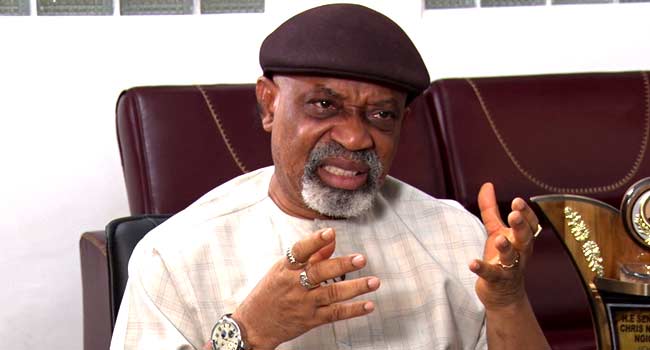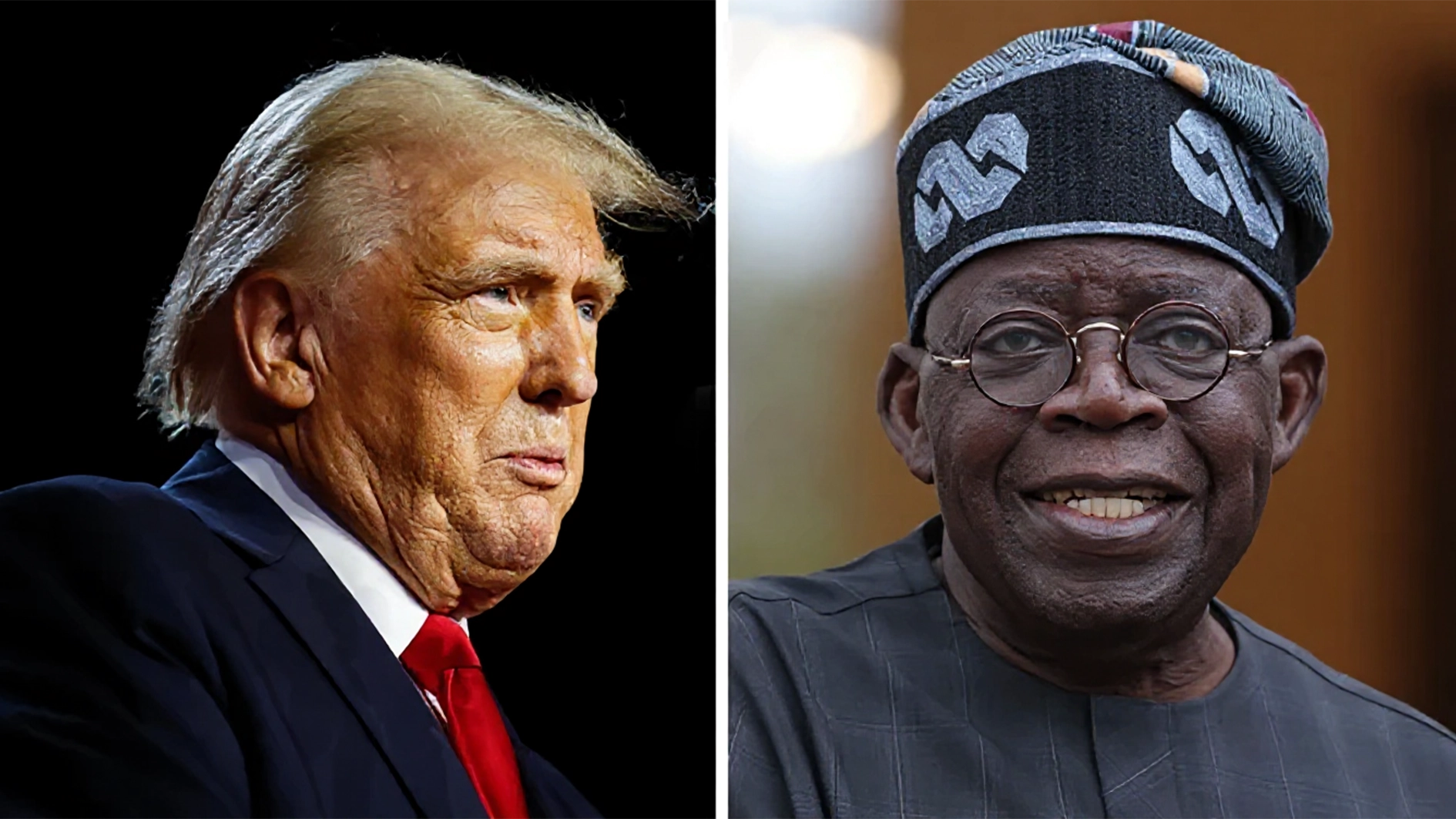
ASUU strike may linger as ILO urges regular pension remittances
Nigeria is broke, Minister of Labour and Employment, Dr. Chris Ngige has confirmed.
Addressing a media briefing, yesterday, in Abuja, to mark the 2022 World Day Against Child Labour, the minister stated that the Federal Government does not have money to prosecute capital projects next year, a development which might worsen unemployment and poverty.
He equally told students of federal universities that negotiating separately with members of the striking Academic Staff Union of Universities (ASUU) would not resolve the problems rocking tertiary education in the country.
Ngige explained: “I can tell you that Nigeria is broke. There is no money to fund capital projects next year. As you can see, the dollar that has been hovering around N500 and N600 is now above N700. The truth is that there is no money anywhere. The money that the
FAAC (Federation Account Allocation Committee) has been sharing is money from taxes, customs and other revenue-generating agencies.
“The National Nigerian Petroleum Company Limited (NNPC) no longer remits money to FAAC. So, the situation calls for patriotism from all Nigerians. The lack of money to fund capital projects would have implication on capacity to create jobs. If jobs are not created, poverty will increase in the country.”
Providing updates on the industrial crisis in the federal universities, the minister hinted that negotiations are ongoing between ASUU and the Ministry of Education.
However, he cautioned that negotiating with ASUU without simultaneously negotiating with NASU, SSANU and NAAT would not lead to reopening of the universities.
He continued: “I have been Minister of Labour and Employment for seven years. Before, we negotiated with ASUU alone, which then suspended its strike. But NASU, SSANU and NAAT were on strike. The non-teaching unions locked the classrooms and lecture theatres. They also shut down electricity and water supply to the universities, which almost led to outbreaks in those campuses.
“So, what I am saying is that negotiation with ASUU will not lead to the reopening of the universities. All of them must be involved in the negotiations.”
MEANWHILE, the International Labour Organisation (ILO) has urged employers of labour to honour the right of workers to social protection by regularly remitting their contributions to workers’ social protection, including health security, old age benefits, employment injury scheme and pension.
The global labour watchdog also charged the Federal Government to fashion out ways of ensuring that corporate social responsibility (CSR) programmes of organisations focus on reducing vulnerability of children, increasing funding for existing interventions, ensuring continuity in execution of policies relating to child labour.
Besides, it sought support for schools to encourage child participation, especially children within the legal working age.






